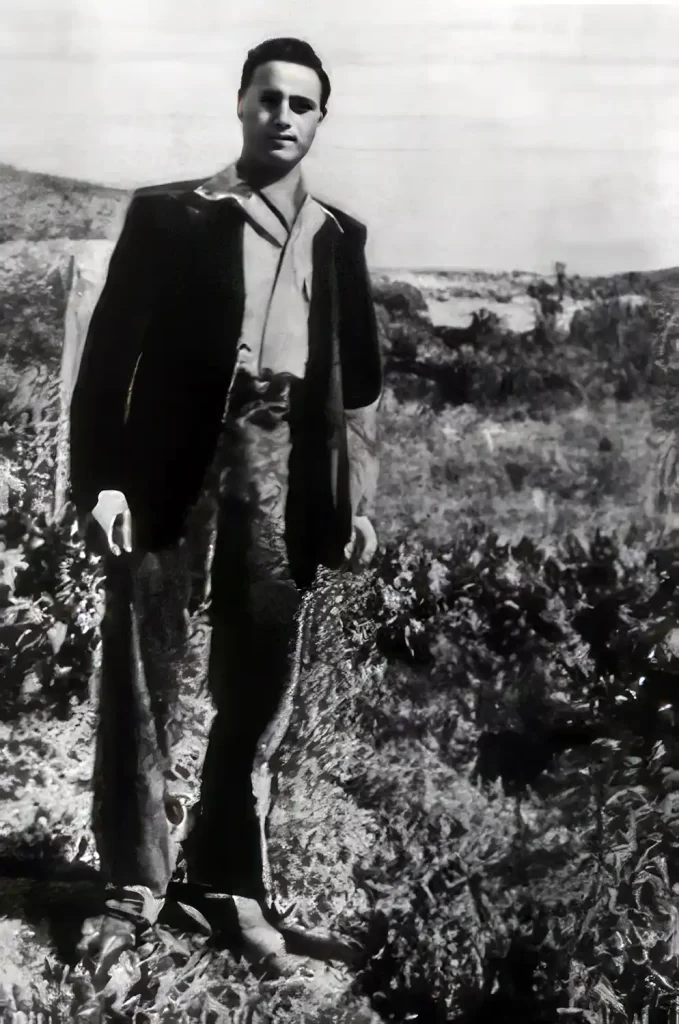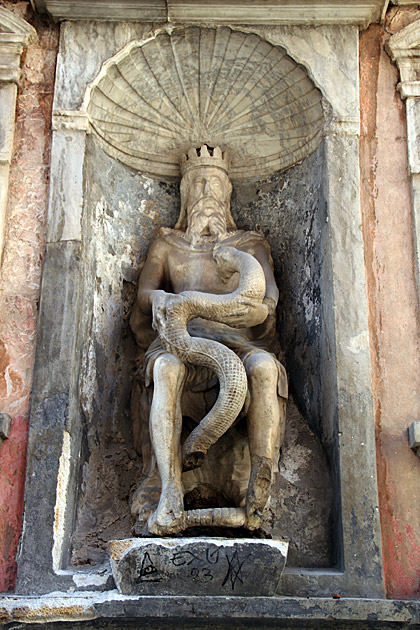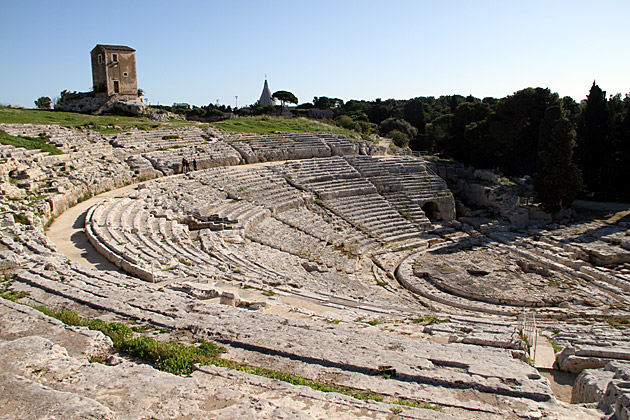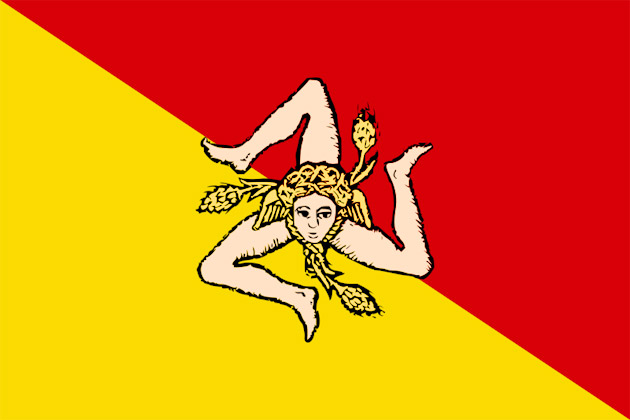Salvatore Giuliano – Siciliy’s Bandit King
One of the most controversial figures in recent Italian history is Salvatore Giuliano, who enjoyed a reputation as the Sicilian Robin Hood, stealing from the rich to give to the poor. But that’s a simplistic and overly noble description of Giuliano, who operated out of Montelepre near Palermo and was a constant thorn in the side of the government and police.

Salvatore lived from 1922 to 1950, and died at the age of 27 after being shot by police. He was born a peasant, and dedicated his life to securing Sicilian independence from Italy. Interestingly, he hoped that Sicily might become the 51st American state, and wrote President Truman requesting it. For most of his short life, he identified with the poor villagers of Sicily, and many of his early crimes were designed to help them out. He would slip money under the door of an infirm old woman, or steal pasta from a truck to distribute to hungry villagers.
One of the more romantic stories involves the Duchess of Pratemeno. Salvatore stole into her mansion and encountered her in her bedroom. A gentleman, he politely asked her to remove her jewelry, and then noticed the book she was reading (John Steinbeck’s In Dubious Battle). He asked if he could borrow it — a strange request from a thief. But true to his word, he returned the book after a month, with a personal note to the duchess tucked into the cover.
Heavily involved in smuggling and the black market, Salvatore used his profits to cobble together, train and equip an army of peasants and beggars whom eventually numbered over 1000. He was beloved in and around Montelepre, and men flocked to his cause. His group would attack government institutions and rob banks, all in the name of liberating Sicily. Surely helped along by his movie-star good looks, his romanticized exploits became famous throughout the world.
But like most criminals, Salvatore Giuliano wasn’t entirely noble. He wasn’t a mafioso, but as the government continued to chip away at his group, he turned to the Mafia and rich landowners in order to fund his operations, and eventually became a tool of the wealthy. Rather opposite of his original goals. He would even join the fight against Communism, with terrible consequences.
On May 1st, 1941, Giuliano and his band were involved in one of the worst slaughters in Italian history: the May Day Massacre at Portella della Ginestra. While hundreds of poor people were organizing a parade to support leftist candidates, Salvatore and his men rode in on horseback, firing into the crowd. Three children were among the fourteen people killed, with another 33 wounded. Salvatore claimed that he had only ordered his men to fire above the crowd, and that the deaths were not his fault. The massacre was subject to many conspiracy theories; some blamed Mafia insiders, and yet others the Italian Government who sought to finally discredit Giuliano.
Regardless of who was truly to blame, Giuliano was indeed discredited. He continued fighting against socialist groups and the government, adding ever more deaths to his resume. But by the time he was mysteriously shot dead in 1950, his star had already faded amongst the people who had once revered him.
But Salvatore Giuliano’s life story continues to fascinate. Mario Puzo’s 1984 follow-up to The Godfather was a dramatization of Giuliano’s life called The Sicilian. The book was a hit, and made into a movie of the same name (which bombed). Villain, hero, or something in between, Salvatore Giuliano is certainly one of the most compelling characters of modern Palermo history.




Pingback: 10 Ominous Italian Mysteries That Are Still Unexplained | ratermob
I REMEMBER READING ABOUT HIM AS A YOUNG BOY . AND HE WAS A BANDIT KING BUT THAT WAS A LONG TIME AGO I DO NOT FEEL THE SAME WHY NOW . BUT IT WAS INTERESTING READING
I have a vynal LP rocord that belonged to my father and is about sixty years old. It’s about the life of Giuliano. It’s a singing and narated version.